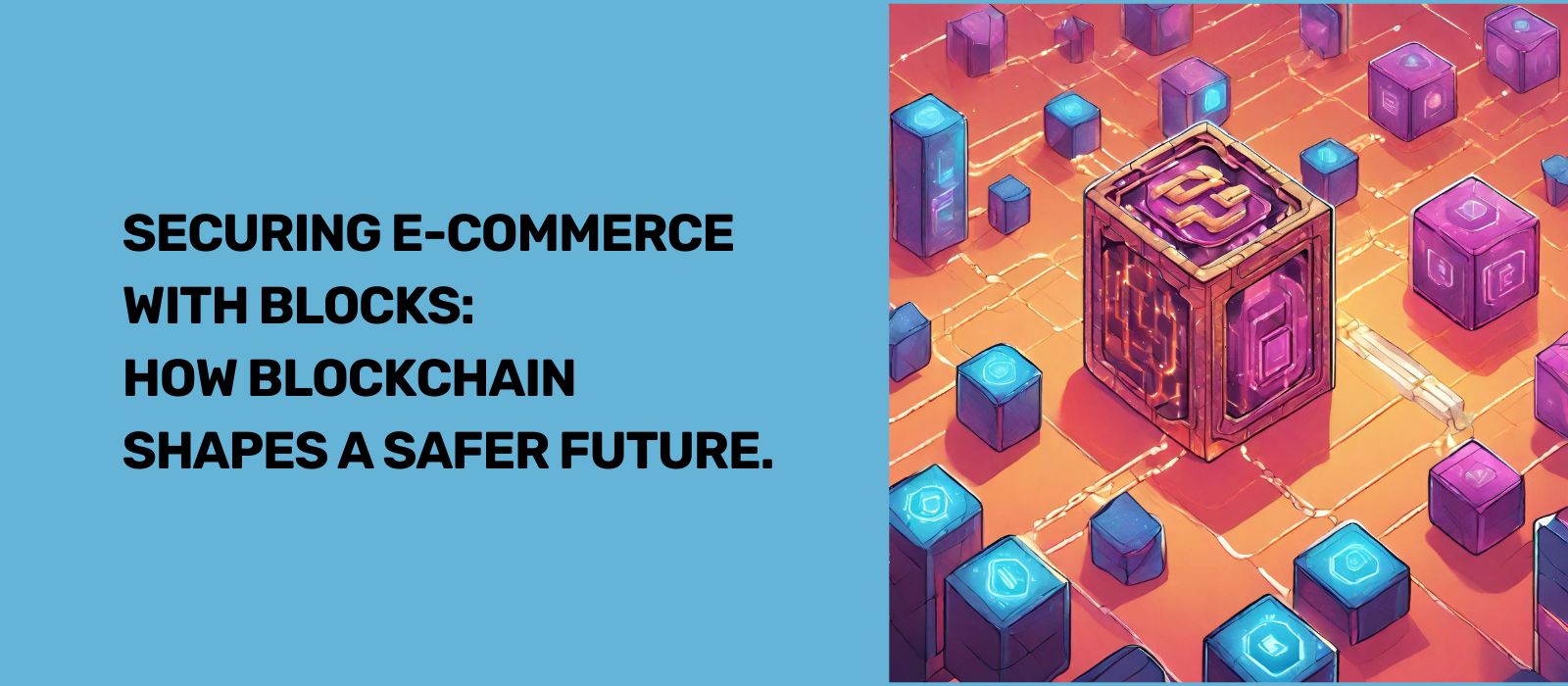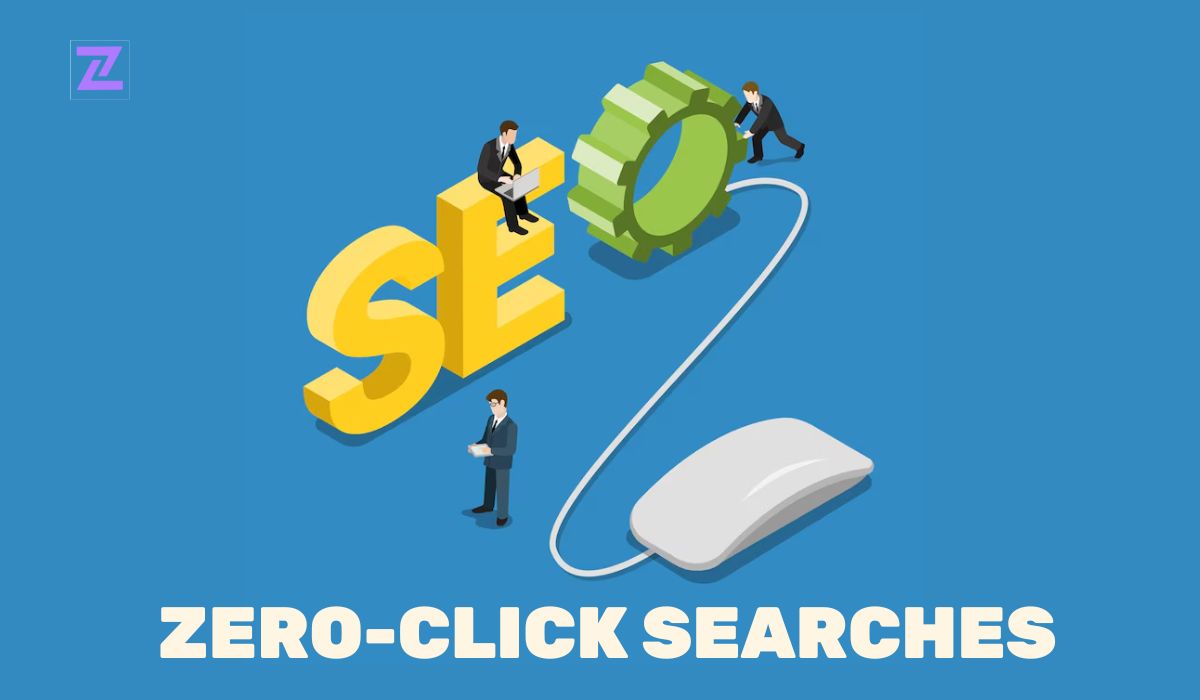
Author: Dilna Parvin
October 19, 2023
Blockchain technology is revolutionizing the e-commerce industry, offering enhanced security, transparency, and efficiency. As businesses continue to explore its potential and overcome challenges, blockchain is assured to reshape the future of online commerce.Here you can explore the impact of blockchain technology on the e-commerce industry, how it enhances security and transparency, and the potential it holds for shaping the future of online commerce.
Understanding Blockchain Technology
Blockchain is a distributed and decentralized digital ledger technology that records transactions across a network of computers. Each block in the chain contains a collection of transactions and is linked to the previous block, forming a chronological sequence of information. This unique structure ensures the immutability and transparency of the data stored within.
Key Features of Blockchain Technology
1. Decentralization: Unlike traditional centralized systems, where a single entity holds control, blockchain operates on a decentralized network of computers (nodes). This decentralization reduces the risk of a single point of failure and increases the security of the system.
2.Immutability: Once a block is added to the blockchain, its data cannot be altered or deleted. This immutability is achieved through cryptographic hashing and consensus mechanisms, making it highly secure against tampering.
3.Transparency: The entire transaction history is available on the public ledger, providing complete transparency. All participants can verify and audit the records, enhancing trust and accountability.
4.Security: Blockchain uses cryptographic algorithms to secure transactions and control access to data. Consensus mechanisms, such as Proof of Work (PoW) or Proof of Stake (PoS), further enhance security by ensuring the validity of transactions.
Blockchain and E-Commerce: A Perfect Match
The integration of blockchain technology into the e-commerce sector holds immense potential for transforming the way transactions are conducted and data is managed. Let's explore how blockchain enhances security and transparency in e-commerce.
1. Enhanced Data Security
Data breaches and cyber-attacks are constant threats in the digital world. E-commerce platforms handle vast amounts of sensitive information, including personal details, payment data, and transaction records. Blockchain, with its inherent security features, offers a robust solution to these concerns.
a.Data Encryption
Blockchain employs strong cryptographic algorithms to encrypt and secure the data stored within blocks. This encryption ensures that only authorized parties can access and decipher the information, adding an extra layer of security.
b.Decentralized Storage
Data in a blockchain is distributed across multiple nodes in the network, making it difficult for malicious actors to compromise the entire system. Even if one node is compromised, the data stored on other nodes remains intact, maintaining the integrity and security of the system.
c. Immutable Record Keeping
Once data is recorded in a block, it cannot be altered or deleted. This immutability ensures the integrity of transaction records, making it virtually impossible for malicious entities to manipulate or falsify transaction data.
2.Transparent Supply Chain Management
Supply chain transparency is a critical aspect of e-commerce, particularly for industries such as retail and food, where consumers demand visibility into the origins and journey of products. Blockchain technology offers a transparent and traceable supply chain management system.
a. Provenance Tracking
Blockchain allows for the tracking of products from their origin through every step of the supply chain. This transparency helps in verifying the authenticity and quality of products, thereby building trust among consumers.
b. Real-time Updates
Parties involved in the supply chain, including manufacturers, distributors, and retailers, can update the blockchain with real-time information. This data is accessible to all authorized stakeholders, ensuring everyone is informed about the progress of the product.
c.Reduced Counterfeits
By providing a tamper-proof record of the product's journey, blockchain significantly reduces the risk of counterfeit products entering the market. Consumers can verify the authenticity of products by scanning a QR code and accessing the blockchain-based product history.
3. Secure and Efficient Payment Systems
Blockchain technology can revolutionize payment systems in e-commerce by providing a secure and efficient method for transactions.
a. Smart Contracts
Smart contracts are self-executing contracts with the terms directly written into code. They automatically execute and enforce agreements when predefined conditions are met. This automation streamlines the payment process and reduces the possibility of errors or disputes.
b.Cryptocurrency Transactions
Blockchain enables seamless transactions using cryptocurrencies like Bitcoin and Ethereum. These transactions are secure, fast, and can potentially reduce transaction fees associated with traditional payment gateways.
c.Cross-border Transactions
For international e-commerce, blockchain facilitates faster and more cost-effective cross-border transactions. Traditional banking systems often involve high fees and delays in fund transfers, which can be minimized with blockchain technology.
4. Customer Privacy and Consent Management
Customer privacy is a fundamental concern in e-commerce. Blockchain can help in effectively managing customer data and permissions while ensuring their privacy is protected.
a.User-controlled Data
Blockchain allows users to have control over their data and decide who can access it. They can provide specific permissions for different entities, enhancing data privacy and consent management.
b. Anonymity and Pseudonymity
Blockchain ensures a level of anonymity and pseudonymity for users, offering a layer of privacy while still maintaining transparency and security.
c.Consent Traceability
Consents and permissions granted by customers can be recorded on the blockchain, providing a transparent and auditable trail of when and how permissions were given. This strengthens compliance with data protection regulations.
Challenges and Future Outlook
Blockchain will likely play a central role in shaping the future of e-commerce, providing a secure and transparent foundation for a new era of digital commerce.Blockchain technology offers a transformative solution to the security and transparency concerns prevalent in e-commerce. By leveraging its decentralized, immutable, and transparent nature, blockchain has the potential to revolutionize the way we conduct transactions, manage supply chains, handle payments, and safeguard customer data. As the world embraces the potential of blockchain, we can look forward to a more secure, efficient, and trustworthy e-commerce ecosystem.




